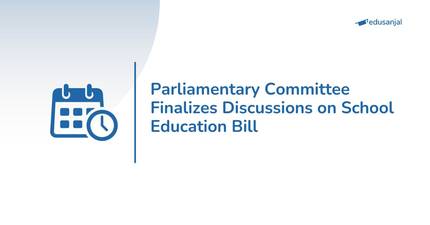British Council Nepal awarded International Schools Award to 19 schools in Nepal and reaccredited four schools at their award ceremony held on 26 June, 2018. This award is endorsed by the Department of Education and this is the 6th year that Nepali Schools are being awarded through this programme.
The awards were handed over by the chief guest Ms. Alison McEwen, Charge d’Affaires, British Embassy.
The schools receiving the full award were provided with a trophy and a certificate and will be allowed to use the coveted International School Award kite mark along with their school logo on all the official stationery and promotional materials for a period of three years.
Forty-two schools from fourteen districts of Nepal had submitted their dossiers out of more than 77 schools initially working on International School Award.
The list of full award winners are:
|
Winning schools |
||
|
1 |
Nepal Rastriya Chandra Ganga school |
Surkhet |
|
2 |
Orchid School |
Chitwan |
|
3 |
Celebration Co-ed School |
Kathmandu |
|
4 |
Vidya Sagar English Secondary school |
Kavre |
|
5 |
Nabin Audhyogic Kadak Bahadur Rita School |
Rupandehi |
|
6 |
Sanskriti International School |
Kathmandu |
|
7 |
Him Rashmi Secondary School |
Kathmandu |
|
8 |
Pragyan Academy |
Jhapa |
|
9 |
KK International School |
Dharan |
|
10 |
Mount View English Boarding School |
Bhaktapur |
|
11 |
Traibidya Sikchhya Sadan Academy |
Kathmandu |
|
12 |
Sudesha High School |
Lalitpur |
|
13 |
Eureka School |
Dharan |
|
14 |
Jhapa Model School |
Jhapa |
|
15 |
Babylon School |
Kathmandu |
|
16 |
Shreejana Higher Secondary Boarding School |
Pokhara |
|
17 |
Ambika secondary school |
Pokhara |
|
18 |
Gorkha Intl Public School |
Dang |
|
19 |
Eurokids school Chhauni |
Kathmandu |
|
|
Ms. Rhona Brown, Head of Programmes, British Council Nepal said on the occasion
“The British Council’s aim is to change lives by creating opportunities, building connections and engendering trust and the International School Award represents this aim very clearly. It is therefore a pleasure to celebrate the great achievement of the schools being awarded ISA this year. Their hard work and achievement demonstrates that they have recognised the importance of embedding international learning into their schools, giving pupils and teachers a new perspective on the world, and ultimately helping develop the skills to work in a global economy. On a practical local level, it is recognition of the commitment of the teachers and head teachers to promote learning, creativity and collaboration in their schools – both for teachers and pupils. We are delighted that the new National Curriculum Framework also recognises the value of international learning and we look forward to continuing to work in partnership with leaders, teachers and pupils to support quality education in Nepal”.
What is International School Award (ISA)?
ISA is a yearly award given to participating schools. Applications from interested schools are called in every year and schools are selected on the basis of their application. The British Council offers the ISA as an accreditation framework for schools to record and evaluate their international work and embed it into the curriculum. ISA acts as a benchmark that ascertains schools as having an outstanding level of support for:
- Nurturing global citizenship in young people
- Enriching teaching and learning
The ISA approach to school development is holistic and mirrors the curriculum based project work approach to encourage the teachers to use with their students. It is a rigorous and evidence based process. It encourages the leaders to foster teambuilding, innovation, and project management. ISA is content free and schools are encouraged to embed it within their own curriculum. ISA gives context to practice new skills in Information & Communications Technology (ICT) and pedagogy in a safe and structured manner. Participating in briefings and workshops, online community and the award ceremony brings together a large number of schools across the country fostering a rich exchange of ideas and creating a vibrant community of education professionals.
Evaluation process
A team of representatives from the British Council, Department of Education and Curriculum Development Centre is developed. The dossiers or the portfolio of evidence submitted by the participating schools are evaluated and school visits are organised to see the authenticity of the work and learning outcomes in the children. With the evidences submitted and the outcome of school visits, the schools are granted the award.





.JPG)
.JPG)







